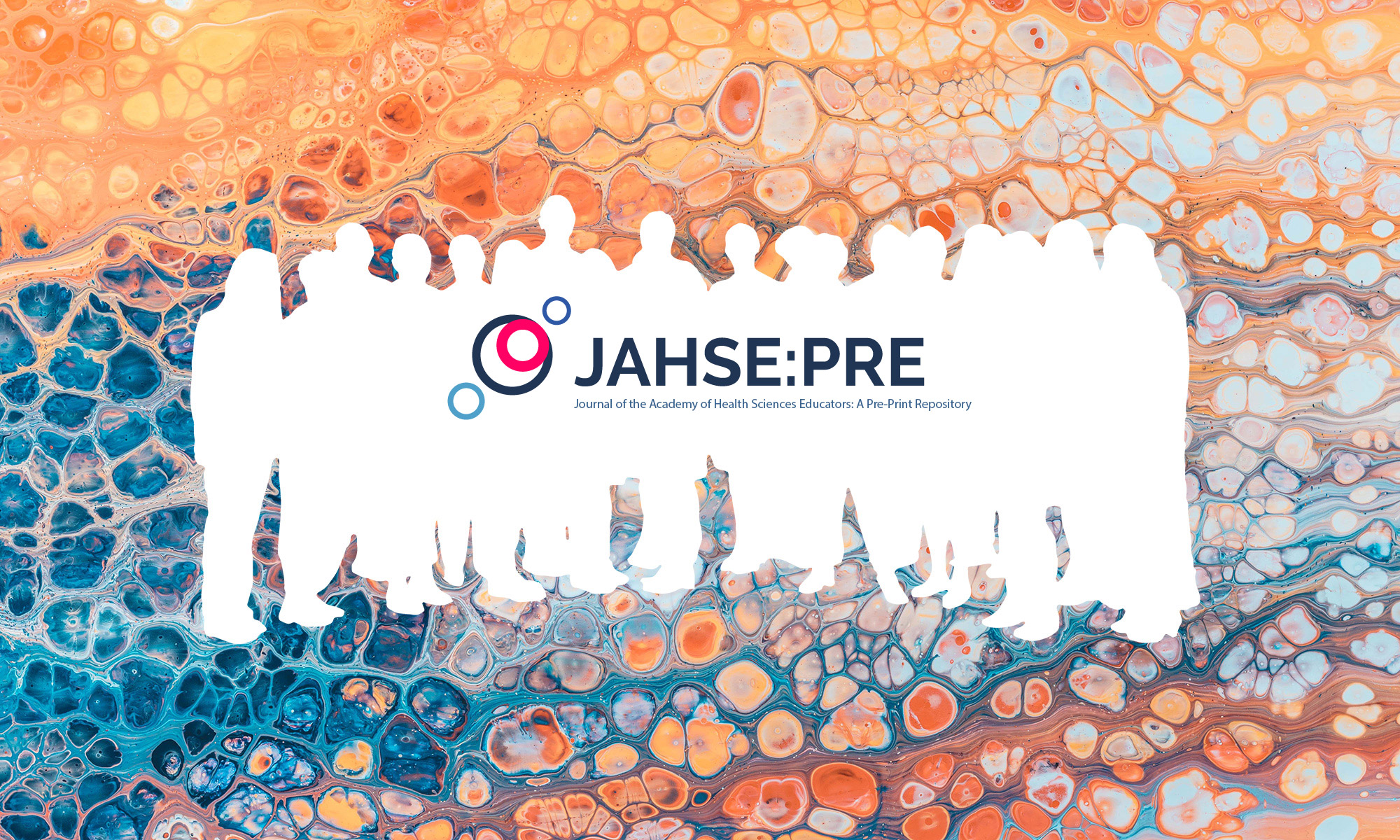Abstract
Purpose: This study evaluates knowledge gaps in dermatology among Clinical Officers in Uganda and the effectiveness of Project ECHO (Extension for Community Healthcare Outcomes) as an educational intervention.
Background: The University of Utah partners with Ugandan organizations to train and support primary care providers in dermatology through monthly, interactive, case-based discussions.
Methods: The effectiveness of ECHO sessions was gauged using pre- and post-session surveys. The study focused on a convenience sample of Clinical Officers, and statistical analysis was performed to determine knowledge average change.
Results: Most respondents worked in urban out-patient (41%) and rural out-patient (34%) settings. Analysis of 5 months’ survey data revealed that the percentage of respondents reporting “very knowledgeable” of the session topic increased from 2% pre-survey to 51% post-survey. Ninety-four percent of respondents said they are “somewhat likely” or “very likely” to treat complex patients in their practice instead of referring to specialty care. Regarding the application of learned concepts, 68 participants indicated “Definitely Yes”, and 13 “Probably Yes”.
Conclusions: The ECHO sessions enhanced dermatological skills among Clinical Officers. The participants’ increased comfort level treating complex patients suggests a promising impact on dermatology healthcare accessibility and quality. These outcomes highlight ECHO’s effectiveness in resource-limited settings.
Return to Table of Contents: 2024 Core Educator Education Scholarship Retreat
Determining the Effectiveness of an International Dermatology ECHO Program by Alexa G. Ries, Todd K. Brown, MSc, Morgan M. Millar, PhD, Rachel R. Codden, MPH & Bethany K. H. Lewis, MD, MPH